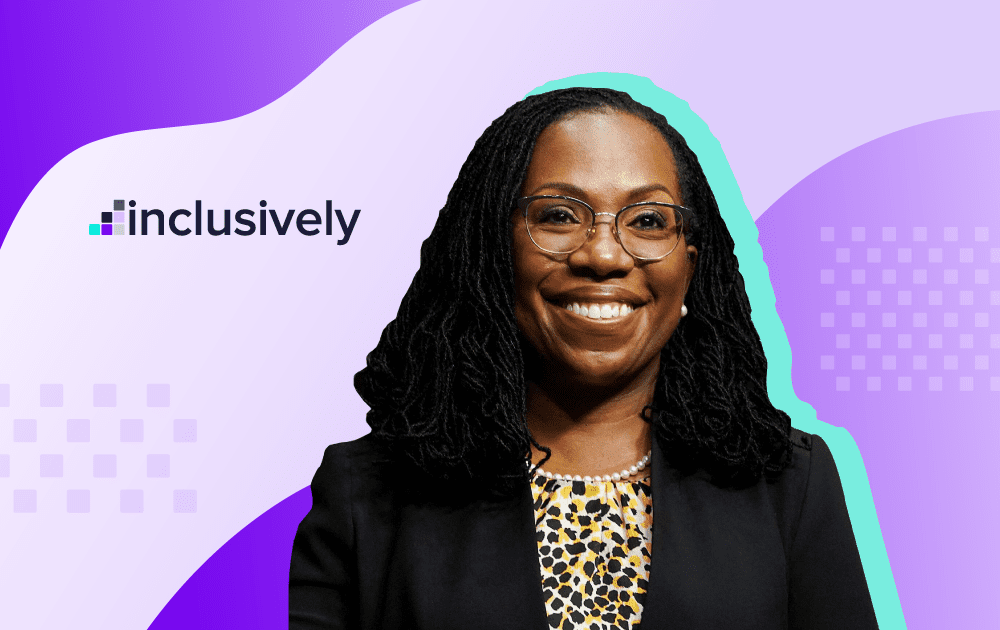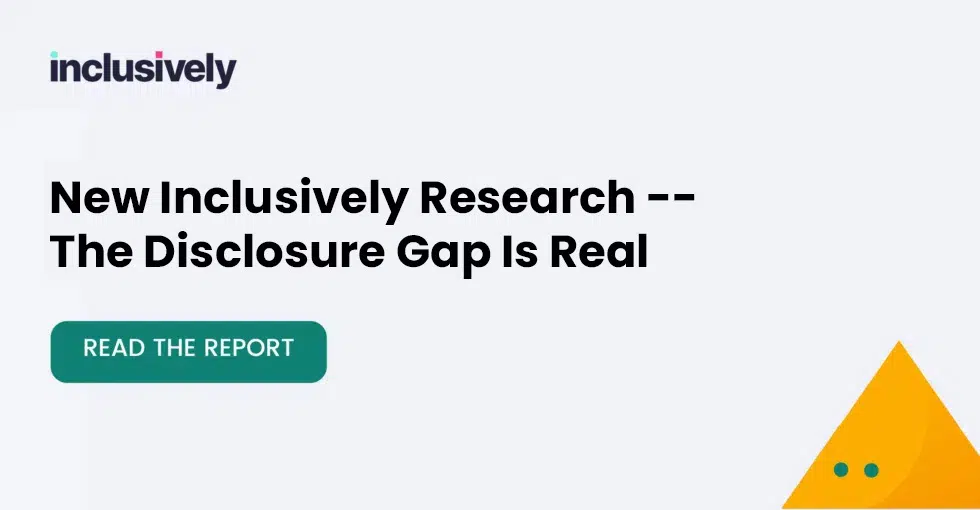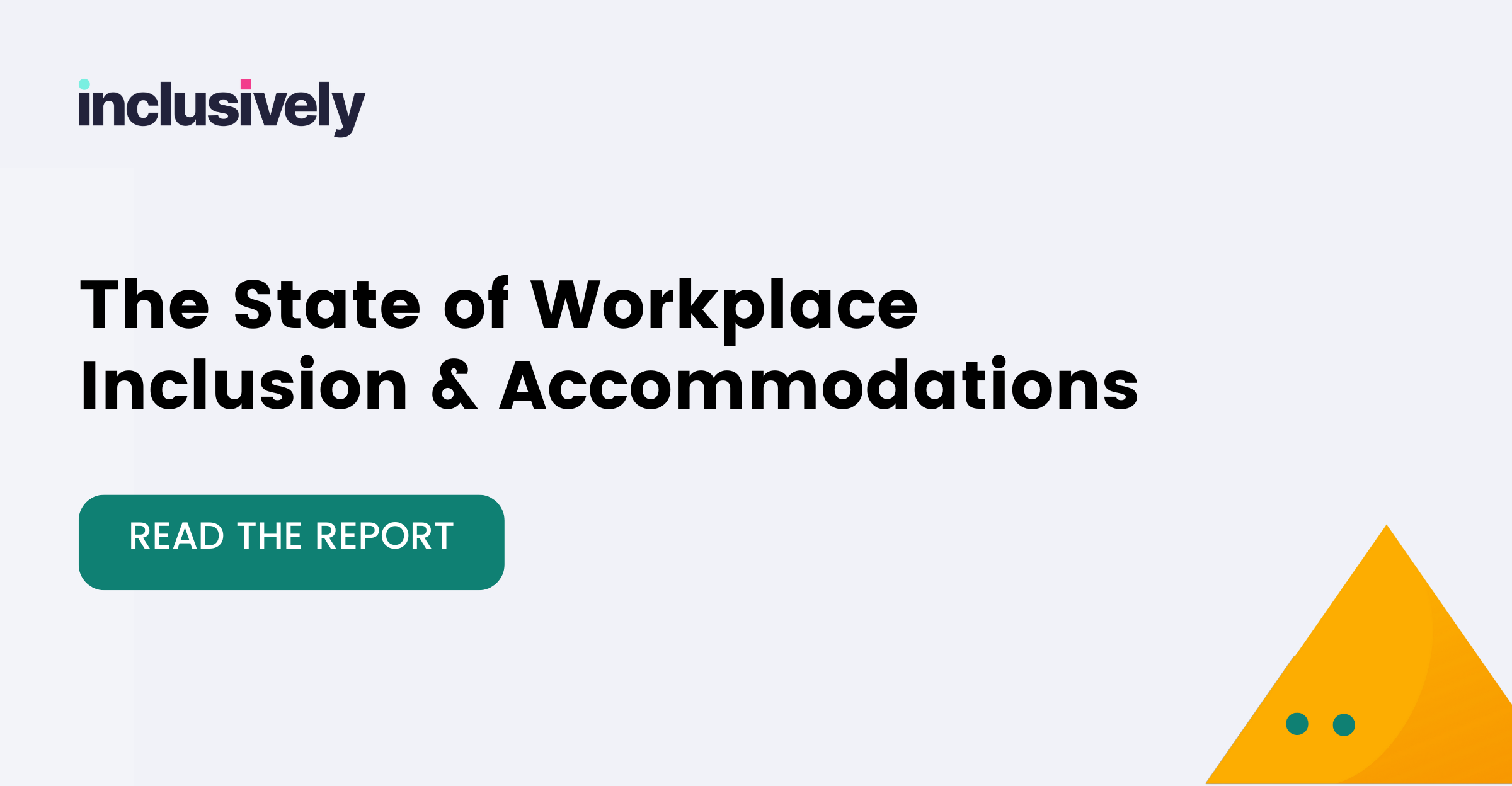Inclusively celebrates Ketanji Brown Jackson’s swearing in as the 116th Associate Justice of the United States Supreme Court on Thursday, June 30 2022. Judge Jackson has consistently ruled in favor of advancing disability and other civil rights issues and ensuring equal opportunities under the Americans with Disabilities Act and Section 504 of the 1973 Rehabilitation Act.
Judge Jackson’s experience as a public defender as well as her overall judicial record have demonstrated that she is dedicated to public accommodations for people with disabilities and equal opportunities in the workplace and public spheres. To pay homage to her work and spread awareness, we’re sharing a handful of Judge Jackson’s advocacy and rulings pertaining to people with disabilities.
From 2005-2007, Judge Jackson served as a federal public defender and represented criminal defendants with mental health disabilities, including those with co-occurring intellectual or developmental disabilities. Her advocacy ensured that these individuals would receive high-quality representation and a fair day in court, as is their due by law.
After being appointed to the federal district court of Washington, D.C. in 2012, Judge Jackson repeatedly held that federal disability rights laws require employers to engage in a meaningful, interactive process with employees with disabilities to ensure the employees have the reasonable accommodations they need to perform their jobs.
Judge Jackson also ruled in favor of disability rights in the highly-visible Equal Rights Center vs Uber case in 2021, denying Uber’s motion to have the case dismissed. The Equal Rights Center, a civil rights organization that seeks to eliminate discrimination, found that wait times for an accessible vehicle thru Uber were as much as eight times longer than for the standard UberX option, and that fares were almost twice as high. In the 2017 suit, the Center alleged that “none of the 30,000 or more vehicles operated by Uber drivers in the District [of Columbia] is capable of transporting individuals who use wheelchairs that cannot be folded and stowed in a trunk” and that “wheelchair users are … subjected to substantially longer wait times and higher fares as compared to other Uber customers”.
Judge Jackson’s ruling “clarifies that Uber’s ride-sharing application is covered by Title III of the Americans with Disabilities Act (ADA) and the DC Human Rights Act (DCHRA)”, and also found that” the Equal Rights Center (ERC) has associational standing to bring the complaint’s ADA and DCHRA discrimination claims on behalf of its members.” In November of 2021, the Department of Justice took up the cause, suing Uber for charging wait fees to customers with disabilities.
More than 40 disability rights organizations and advocates — including the American Council of the Blind, the Center for HIV Law & Policy, Kiva Centers and others — wrote a letter to the Senate Judiciary Committee expressing their enthusiastic support of Judge Jackson’s nomination on behalf of the interests of millions of individuals with disabilities. We at Inclusively look forward to cheering on Judge Jackson as she serves on the high court and works to create more inclusive and equitable opportunities for people with disabilities.
References:
1. United States v. Kosh, 184 Fed. Appx. 4 (D.C. Cir. 2006); United States v. Lowe, 186 Fed. Appx. 1 (D.C. Cir. 2006).
2. Von Drasek v. Burwell, 121 F. Supp. 3d 143 (D.D.C. 2015); Mitchell v. Pompeo, No. 1:15-cv-1849 (KBJ), 2019 U.S. Dist. LEXIS 54797 (D.D.C. Mar. 31, 2019).
3. Equal Rights Center, Equal Rights Center v. Uber Technologies Inc. Complaint, 2019.
4. Washlaw.org, Important Opinion for Disability Access and Inclusion, 2021.
5. CNBC, DOJ sues Uber for allegedly charging wait fees to customers with disabilities


